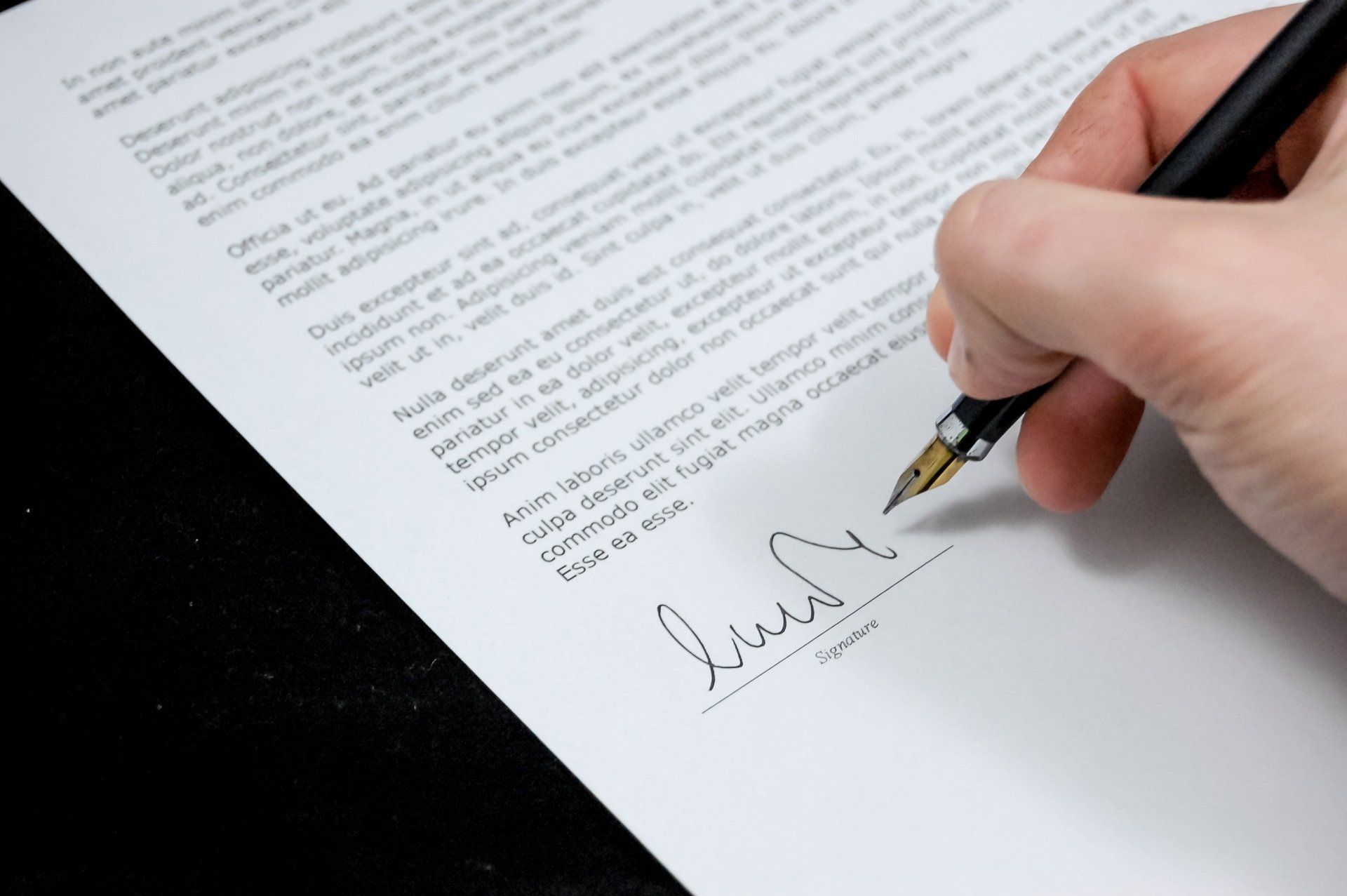What type of evidence can a tattoo artist provide for an O visa?
If a tattoo artist has competed in and won a distinguished tattoo convention an argument can be made in regard to the artist having a leading or starring participating in the event. Evidence can include certificates showing that the person won, articles about the event discussing both the event and the individual competing and winning, articles about the event itself, evidence of the person’s win posted on the event’s social media accounts as well.
Other possible evidence for this can if the tattoo artist has collaborated with a specific brand at one of their events. This can possibly be proven with a letter from a leader within the brand discussing the tattoo artists role for the event and the brand, articles about the event and the artist’s participation at the event, and articles about the brand itself to show how distinguishe d it is, as well as social media posts about the artist’s participation in the event.
To satisfy the future portion of the requirements possible evidence can include the evidence already listed above for future collaborations with distinguished brands, or participation in major tattoo competitions, or conventions to which the person has been invited as a guest speaker.
2. Evidence Beneficiary has achieved national or international recognition for achievements evidence by critical reviews, or other published materials by or about the individual in major newspapers, trade journals, magazines, or other publications
The evidence that can be provided for this requirement includes articles about the tattoo artists and their work, whether it is about the artist’s accomplishments, winning a competition for tattoo artists, or their work being featured at a tattoo exhibition.
3. Evidence that the Beneficiary has performed and will perform in a lead, starring, or critical role for organizations and establishments that have a distinguished reputation evidenced by articles in newspapers, trade journals, publications, or testimonials
Evidence for this requirement can be past work for distinguished tattoo shops. This can include articles about the tattoo shop, and past awards won by the tattoo shop, articles about the tattoo artist’s work for the tattoo shop, and a letter from an owner or person in charge of the tattoo shop discussing how the artist’s work for the tattoo shop.
Collaborations with well known or distinguished brands can also be possible evidence for this requirement. The evidence can include articles about the collaboration, articles about the brand, a letter from someone in charge of the brand discussing the tattoo artist’s work, and social media posts on the brand’s accounts about the artist’s collaboration.
To satisfy the future portion of the requirements possible evidence can include the evidence already listed above for future collaborations with distinguished brands, or future work for distinguished tattoo shops.
4. Evidence that Beneficiary has a record of major commercial or critically acclaimed successes as evidenced by such indicators as title, rating, standing, box office receipts, motion picture or television ratings, and other occupational achievements reported in trade journals, major newspapers, or other publications
Possible evidence for this requirement can include winning awards from well-known tattoo conventions and competitions, and evidence including articles of the event and that tattoo artist’s participation, certificates and photos of the tattoo artist at the event.
5. Evidence that the Beneficiary has received significant recognition for achievements from organizations, critics, government agencies, or other recognized experts in the field in which the alien is engaged. Such testimonials must be in a form which clearly indicates the author’s authority, expertise, and knowledge of the alien’s achievements
Evidence for this requirement can include letters from other well known and/or experienced tattoo artists discussing the work and accomplishments of the applicant tattoo artists.
6. Evidence that the Beneficiary has commanded a high salary or will command a high salary or other substantial remuneration for services in relation to others in the field, as evidenced by contracts or other reliable evidence
Evidence for this requirement can include W2s, and or Taxes to show the person has either earned a higher-than-average wage in their home country or in comparison to other U.S. tattoo artists. Another possible form of evidence can include the agreement between the petitioner and the applicant if the amount that will be paid in the future is higher than the amount paid to other tattoo artists in the U.S.
These are just some examples of evidence a tattoo artist can provide. The individual must only meet 3 of the requirements, but the more requirements that can be met the better the odds of approval. If you would like to discuss your achievements and whether you qualify you can contact our office.
This blog is not intended to be legal advice and nothing here should be construed as establishing an attorney client relationship. Please schedule a consultation with an immigration attorney before acting on any information read here.
Similar Posts








